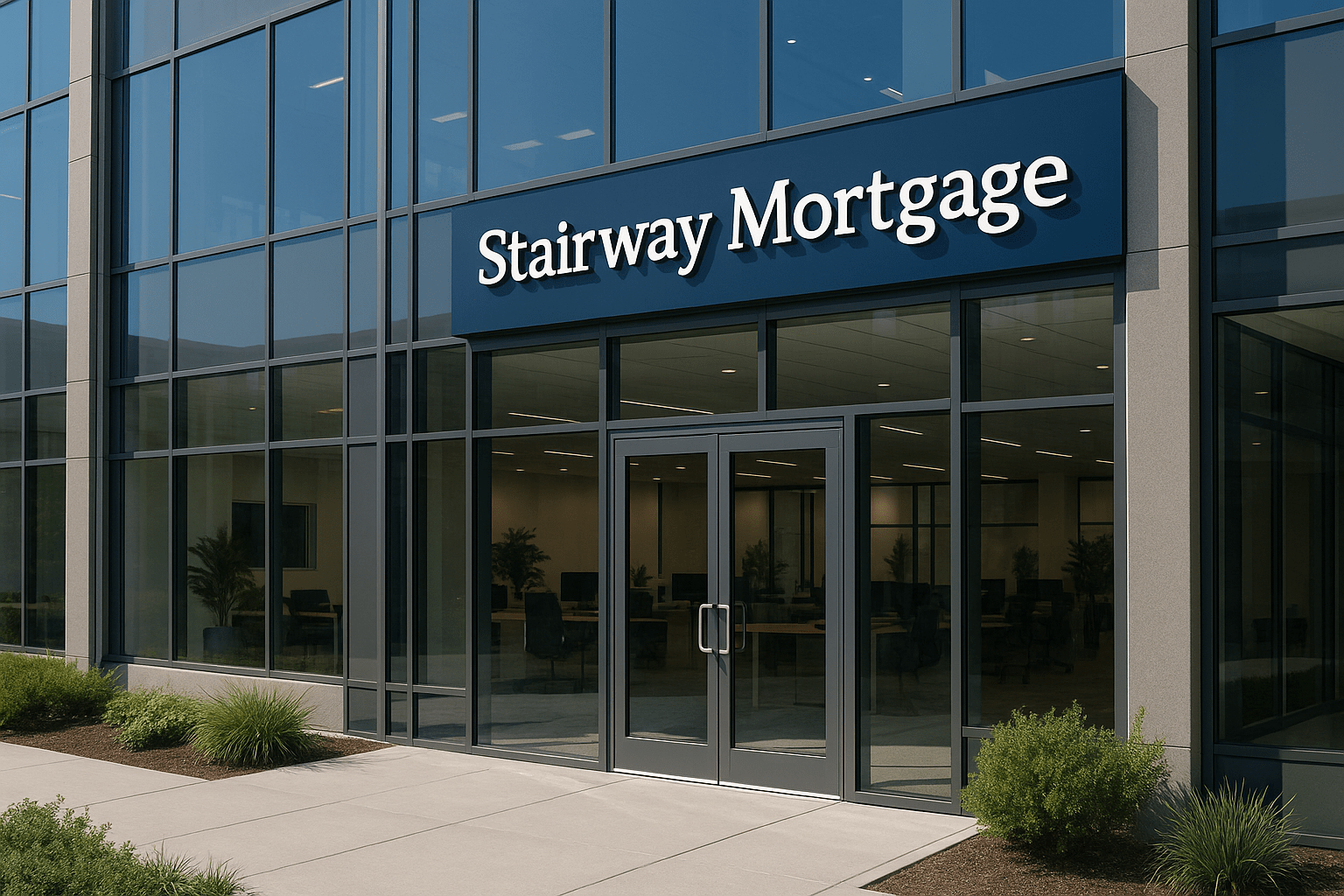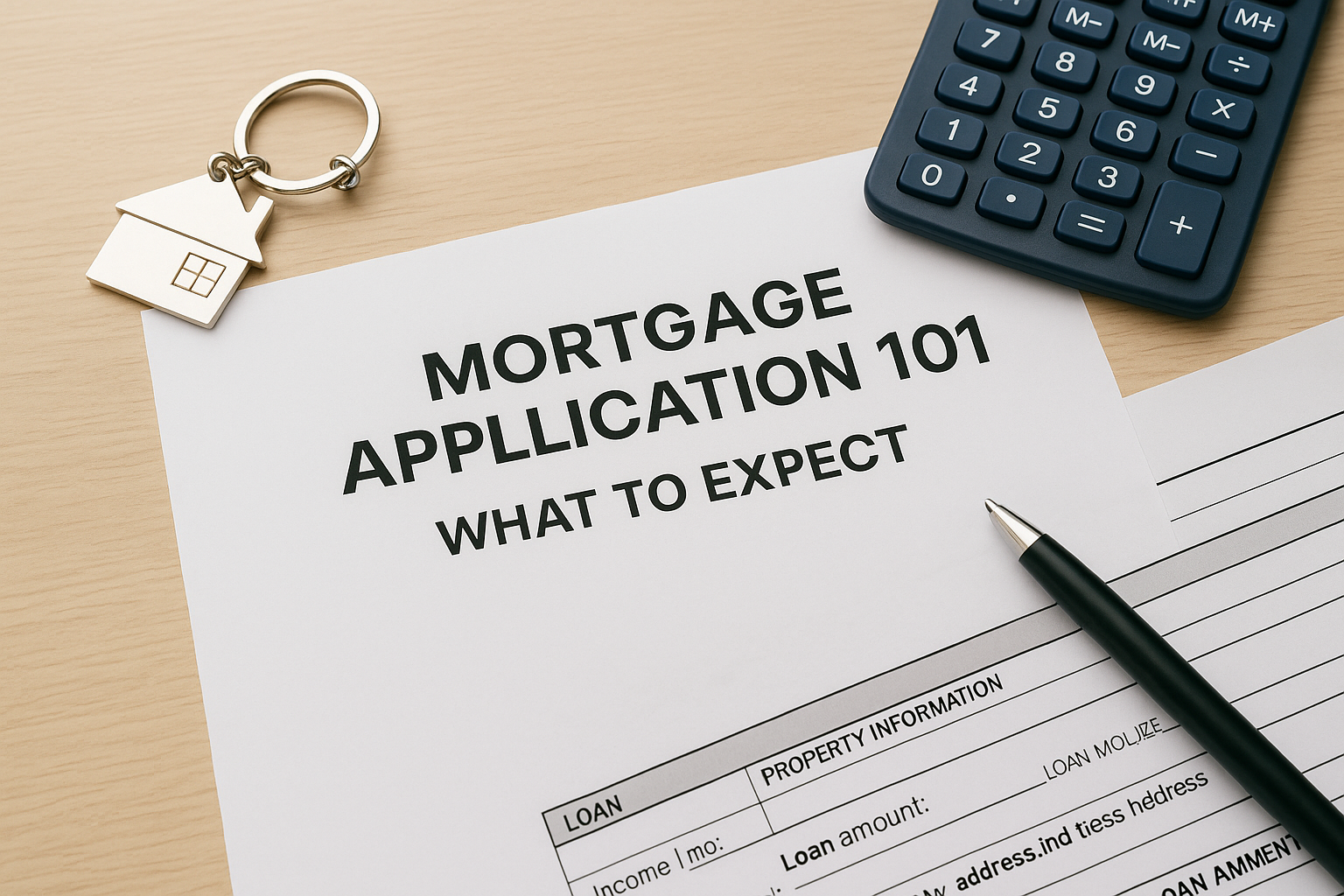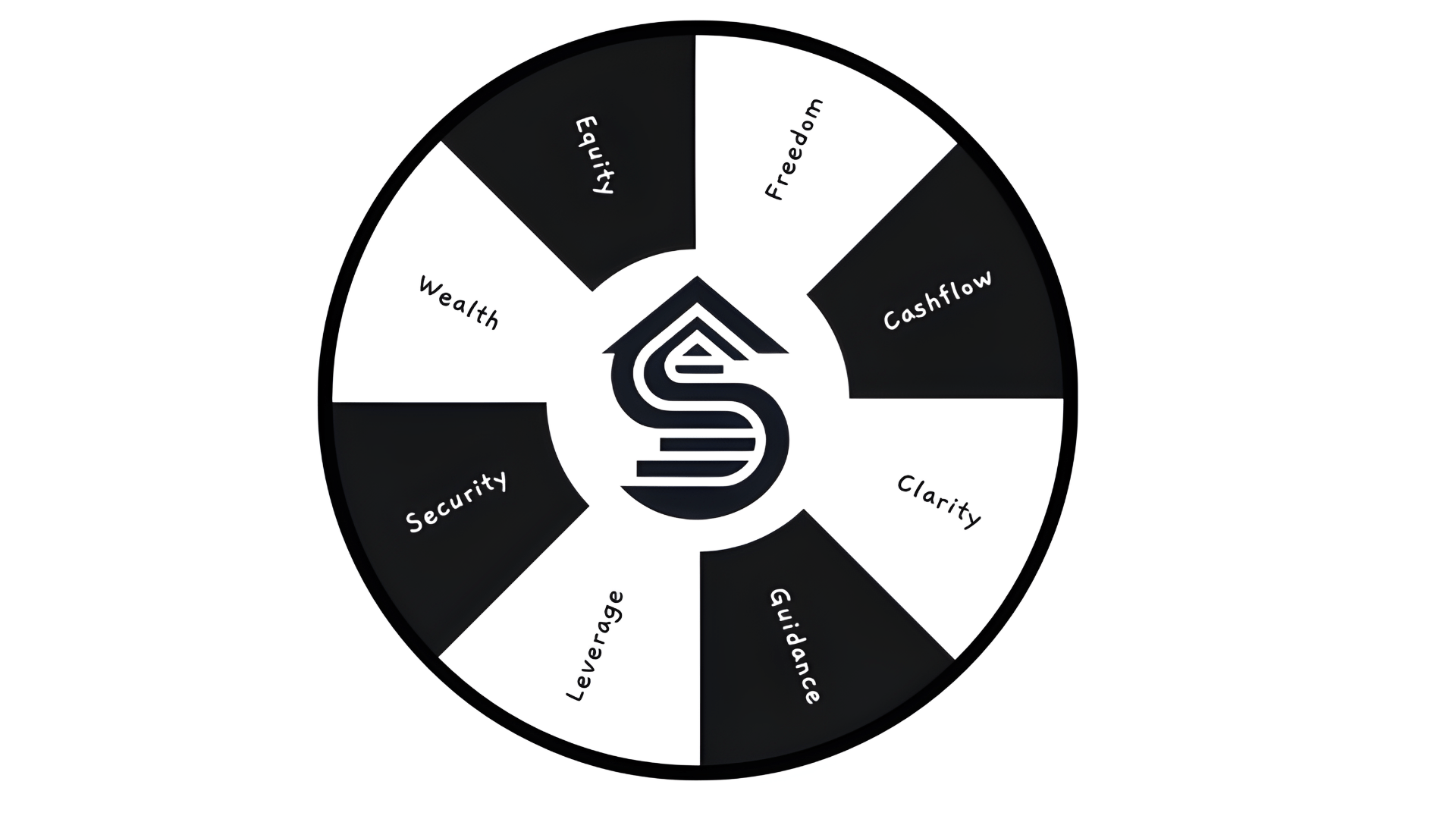Reverse Mortgage Pros Cons: Honest Analysis for Retirement Planning
Reverse Mortgage Pros Cons: Honest Analysis for Retirement Planning

A Reverse Mortgage: Balanced View for Informed Retirement Decisions
Reverse mortgages generate strong opinions—enthusiastic advocates claim they’re retirement lifesavers, while critics warn they’re dangerous traps. The truth, as usual, lies somewhere between these extremes. A reverse mortgage is simply a financial tool—powerful for the right situations, problematic for others.
For many seniors, home equity represents their largest asset, often worth far more than savings, investments, or other resources. Yet this wealth sits locked in walls and foundations, inaccessible for daily living expenses, healthcare costs, or quality-of-life improvements. Reverse mortgages unlock this equity without requiring monthly payments or forcing you to sell.
But like any significant financial decision, reverse mortgages include both benefits and drawbacks requiring honest analysis. This isn’t about whether reverse mortgages are “good” or “bad” universally—it’s about whether they’re right for YOUR specific situation, goals, and circumstances.
In this guide, you’ll discover:
- How reverse mortgages actually work (following HUD HECM standards)
- Complete breakdown of benefits and advantages
- Honest assessment of costs and drawbacks
- Who benefits most from reverse mortgages
- Who should avoid them entirely
- Alternatives to consider before deciding
This balanced analysis helps you make informed decisions based on facts, not fear or hype.
Considering a reverse mortgage? Schedule a call for personalized analysis of your situation.
What Is a Reverse Mortgage and How Does It Work?
A reverse mortgage allows homeowners to convert home equity into cash without selling the property or making monthly mortgage payments. The most common type—the Home Equity Conversion Mortgage (HECM)—is insured by the Federal Housing Administration and regulated by the Department of Housing and Urban Development.
Basic Mechanics
Unlike traditional mortgages where you pay the lender, reverse mortgages pay you. You receive funds based on your age, home value, and interest rates, with the loan balance growing over time as interest accrues.
You retain home ownership and remain on the title. Your name doesn’t transfer to the lender—you continue owning your home exactly as before, just with a loan secured by it.
No monthly mortgage payments required as long as you live in the home, pay property taxes and insurance, and maintain the property. The loan becomes due when you permanently leave the home—whether through sale, moving to assisted living, or passing away.
Non-recourse protection means you (or your heirs) never owe more than the home’s value, even if the loan balance exceeds it. If the home sells for less than owed, FHA insurance covers the difference—your estate isn’t personally liable.
Eligibility Requirements
Age: You must be at least 62 years old. If married, the youngest spouse must meet this requirement.
Occupancy: The home must be your primary residence where you live most of the year.
Property requirements: Single-family homes, FHA-approved condos, or manufactured homes meeting certain standards qualify.
Financial assessment: You must demonstrate ability to pay ongoing property taxes, insurance, and maintenance costs.
Equity position: You need substantial equity—typically at least half the home’s value—with no mortgage or only a small balance that can be paid off with reverse mortgage proceeds.
Counseling session: HUD requires completion of counseling with an approved agency to ensure you understand the product before proceeding.
What Are the Major Benefits of Reverse Mortgages?
Understanding genuine advantages helps you evaluate whether these benefits apply to your situation:
No Monthly Mortgage Payments
The most significant benefit for many seniors—eliminating mortgage payments frees up monthly cash flow. If you’re currently making payments that strain your budget, a reverse mortgage paying off your existing mortgage can provide immediate monthly relief.
This cash flow improvement allows better management of other expenses, reduces financial stress, and can prevent late payments or default on other obligations.
Access to Home Equity While Aging in Place
You don’t have to sell and move to access your home’s value. For seniors who want to stay in familiar surroundings near family, friends, and community, reverse mortgages provide funds without displacement.
Aging in place often proves less expensive and more emotionally satisfying than moving to smaller homes, different areas, or assisted living prematurely.
Flexible Fund Disbursement Options
Choose how you receive money:
Lump sum provides immediate access to maximum available funds—useful for paying off mortgages, large one-time expenses, or debt consolidation.
Monthly payments (tenure) create guaranteed income for life as long as you remain in the home—useful for supplementing Social Security or pension income.
Line of credit grows over time and provides funds as needed—useful for emergencies, periodic expenses, or strategic withdrawals. The unused portion increases annually at the same rate as interest accrues, providing growing access over time.
Combination approaches blend these options matching your specific needs—perhaps partial lump sum for immediate use plus line of credit for future flexibility.
Proceeds Are Tax-Free
Money received from reverse mortgages isn’t taxable income because it’s loan proceeds, not income. This prevents increasing your tax burden or affecting Social Security benefits or Medicare premiums based on income thresholds.
Non-Recourse Protection
You and your heirs can never owe more than the home’s value when the loan becomes due. If market values decline and the loan balance exceeds the home’s worth, FHA insurance covers the difference. This protection eliminates risk of leaving debt to your family.
Spouse Protection
Non-borrowing spouses can remain in the home even after the borrowing spouse passes away, provided certain requirements are met. Recent rule changes strengthened these protections, ensuring surviving spouses aren’t displaced.
Strategic Financial Planning Tool
Financial planners increasingly recognize reverse mortgages as strategic retirement planning tools—delaying Social Security to maximize benefits, managing tax-efficient withdrawals, creating emergency reserves, or funding longevity insurance against outliving other assets.

What Are the Significant Drawbacks and Costs?
Honest evaluation requires understanding limitations and expenses:
Higher Upfront Costs Than Traditional Mortgages
Reverse mortgages carry substantial fees:
Origination fees can amount to thousands, though capped by law.
Mortgage insurance premiums include both upfront (typically around 2% of home value) and ongoing annual charges.
Third-party costs like appraisals, title insurance, inspections, and recording fees.
Counseling fees required by HUD.
Total closing costs typically range from a modest to substantial percentage of home value—significantly more than traditional refinances. These costs reduce available funds and can be financed into the loan, but that means paying interest on fees over time.
Growing Loan Balance Reduces Equity
Interest compounds on your loan balance, meaning you accrue interest on previously accrued interest. Over many years, this creates substantial growth in what you owe.
Your equity decreases as the loan balance increases. Less equity remains for emergencies, future needs, or inheritance to heirs.
Long-term costs can be significant. A moderate initial loan balance might grow to a much larger amount over decades, potentially consuming most or all equity.
Complexity and Difficulty Understanding
Reverse mortgages are complicated financial products with numerous features, options, and implications difficult for many seniors to fully grasp despite counseling requirements.
This complexity creates vulnerability to misunderstanding terms, choosing inappropriate disbursement options, or making decisions without fully comprehending long-term consequences.
Ongoing Obligations and Default Risks
You must continue paying property taxes, homeowners insurance, and HOA fees if applicable, plus maintain the property adequately.
Failure to meet these obligations can trigger default and potential foreclosure—you can lose your home despite no monthly mortgage payments if you don’t maintain tax and insurance payments.
This risk particularly affects seniors with limited income who struggle affording these ongoing costs even without mortgage payments.
Impact on Inheritance
Less equity remains for heirs after reverse mortgage payoff. Some families experience disappointment or conflict when anticipated inheritance is significantly reduced or eliminated.
Heirs must repay the loan (typically through home sale) within a specified period after the borrower’s death or permanent departure. This timeline can pressure families during emotionally difficult periods.
Restrictions on Leaving Home
The loan becomes due if you permanently leave—moving to assisted living, nursing care, or living with family for extended periods triggers repayment requirements.
This reduces flexibility compared to outright ownership where you could leave temporarily or permanently without loan implications.
Potential for Scams and Exploitation
Reverse mortgages can be misused by unscrupulous individuals targeting seniors—contractors suggesting reverse mortgages to fund unnecessary home improvements, financial advisors earning commissions on unsuitable products, or family members pressuring seniors to access equity for others’ benefit.
Strong consumer protections exist, but vigilance remains essential.
Who Benefits Most From Reverse Mortgages?
Certain situations make reverse mortgages particularly suitable:
Seniors Who Want to Age in Place Long-Term
If you’re committed to staying in your home for many years and have substantial equity but limited income or savings, reverse mortgages provide funds enabling you to remain comfortable in familiar surroundings.
Those With Limited Retirement Income
Seniors whose Social Security and pension don’t adequately cover expenses but who own homes with significant equity can supplement income without working or drastically reducing lifestyle.
Homeowners Facing Mortgage Default
If struggling to make traditional mortgage payments and facing potential foreclosure, reverse mortgages paying off existing mortgages can save your home and eliminate payment stress.
Strategic Financial Planners
Sophisticated retirees working with financial advisors sometimes use reverse mortgages strategically—delaying Social Security, managing market downturns, or creating standby lines of credit for emergencies.
Those Wanting to Eliminate Mortgage Payments
Seniors still paying mortgages who want payment-free living can use reverse mortgages to pay off existing loans, freeing monthly cash flow.
Homeowners Without Heirs or With Family Support
If you have no children or your heirs support your decision and don’t depend on home equity for inheritance, reverse mortgages provide more freedom to use your equity for your benefit.
Who Should Avoid Reverse Mortgages?
Certain circumstances make reverse mortgages inappropriate:
Those Planning to Move Soon
If you might relocate within a few years, reverse mortgage costs don’t justify brief benefit periods. The substantial upfront expenses combined with compounding interest make short-term use very expensive.
Homeowners With Abundant Other Resources
If you have sufficient income and liquid assets funding comfortable retirement without tapping home equity, reverse mortgages add unnecessary debt and complexity.
Seniors Wanting Maximum Inheritance
If preserving home equity for heirs is a priority, reverse mortgages work against this goal by converting equity to debt.
Those Uncomfortable With Debt
If carrying debt causes emotional stress regardless of payment structure, reverse mortgages might create anxiety outweighing financial benefits.
Homeowners Unable to Maintain Obligations
If you struggle affording property taxes, insurance, and maintenance even without mortgage payments, reverse mortgages don’t solve the underlying problem and add default risk.
Short Life Expectancy or Health Concerns
If significant health issues suggest you may need to leave home for care facilities soon, reverse mortgages’ due-on-sale triggers make them poor choices.
What Alternatives Should You Consider?
Before committing to reverse mortgages, evaluate other options:
Home Equity Line of Credit (HELOC)
HELOCs provide revolving credit against equity with more flexibility and lower costs than reverse mortgages, but require monthly payments and income/credit qualification.
Best for: Homeowners with adequate income who want flexibility and lower costs.
Cash-Out Refinance
Cash-out refinances replace existing mortgages with larger loans, pulling out equity in lump sums, but create new monthly payments.
Best for: Those who can afford new payments and want one-time equity access.
Downsizing
Selling and moving to less expensive homes frees equity while reducing ongoing costs, though it requires leaving your current home.
Best for: Those comfortable moving and wanting to simplify life.
Home Equity Sharing Agreements
Some companies buy shares of your home’s future appreciation in exchange for current cash, though these remain less common and require careful evaluation.
How Does Stairway Mortgage Help With Reverse Mortgage Decisions?
Making reverse mortgage decisions requires unbiased analysis and honest guidance. At Stairway Mortgage, we help senior homeowners evaluate whether reverse mortgages fit their situations:
We provide balanced education covering both benefits and drawbacks honestly, never pressuring seniors into products that don’t serve their interests.
We compare reverse mortgages with alternatives like HELOCs, cash-out refinances, and other equity access options.
We involve families when seniors want their children or other relatives participating in decisions, ensuring everyone understands implications.
We connect you with HUD-approved counselors required for reverse mortgages, ensuring you receive independent advice beyond our guidance.
We explore alternative solutions if reverse mortgages don’t fit, helping you find the right answer even if it’s not the product we originally discussed.
Many senior homeowners we’ve worked with made informed reverse mortgage decisions—some proceeding after thorough analysis, others choosing alternatives better suited to their circumstances.
Ready to Make an Informed Reverse Mortgage Decision?
Reverse mortgages are neither miracle solutions nor traps—they’re financial tools suitable for some situations and inappropriate for others. By understanding both benefits and drawbacks honestly, you can determine whether they fit your retirement planning needs.
Your next steps:
If you’re seriously considering a reverse mortgage, schedule a call for honest analysis of your specific situation.
If you want to explore alternatives, review:
- HELOC options for flexible equity access
- Cash-out refinance calculator for lump-sum equity
- Conventional refinance options for rate reduction
Remember: This decision deserves careful consideration, family discussions, and professional guidance. Don’t rush, don’t decide based on fear or pressure, and ensure you fully understand implications before proceeding.
Need a Pre-Approval Letter—Fast?
Buying a home soon? Complete our short form and we’ll connect you with the best loan options for your target property and financial situation—fast.
- Only 2 minutes to complete
- Quick turnaround on pre-approval
- No credit score impact
Got a Few Questions First?
Let’s talk it through. Book a call and one of our friendly advisors will be in touch to guide you personally.
Schedule a CallNot Sure About Your Next Step?
Skip the guesswork. Take our quick Discovery Quiz to uncover your top financial priorities, so we can guide you toward the wealth-building strategies that fit your life.
- Takes just 5 minutes
- Tailored results based on your answers
- No credit check required
Related Posts
Subscribe to our newsletter
Get new posts and insights in your inbox.








